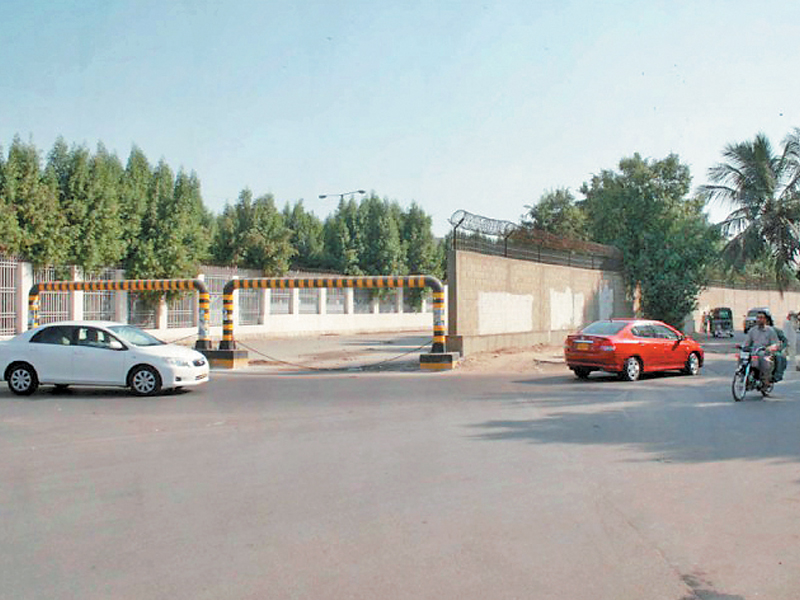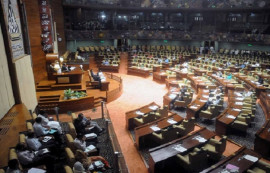
Headed by Chief Justice Mushir Alam, a division bench heard the miscellaneous application filed by Advocate Amir Aziz, seeking removal of blockades from some of the busiest roads in the city.
In 1992, Aziz had challenged closure of two roads, the Court Road and Kamal Ata Turk Road, for the general public by the government.
Unaware that his petition would see the light of day two decades later, he recalled that the SHC on March 9, 1992 had directed the authorities to ensure that the road in front of Sindh Assembly remains open for general traffic even during the assembly sessions.

But the court’s order has not been complied till today. The road in question remains closed to the public. “The closure of roads causes inconvenience for the citizens, particularly those approaching the high court,” he told the judges, drawing their attention to rest of the city. “Police are not allowing citizens to use the roads in violation of Section 339 of the Pakistan Penal Code as well as Article 4 of the Constitution.” The lawyer asked the court to order the removal of blockades from various thoroughfares in Karachi.
On October 30, 2012, the judges had asked the authorities to submit their report as to how many streets and roads in city have been temporarily or permanently blocked.
After nearly five months, the provincial law officer Miran Muhammad Shah appeared before the judges empty-handed. “The list of roads and streets blocked could not be prepared as the government has been dissolved and the caretaker set-up has been installed,” he reasoned, requesting for more time to submit the report.

Allowing two weeks, the bench again directed him to submit details of roads and streets blocked temporarily or permanently, either due to security concern or VVIP culture in the city. The judges further directed that the authorities must justify such blockades of public arteries.
Published in The Express Tribune, March 29th, 2013.










1736910129-0/kidnapped-(2)1736910129-0-270x192.webp)




1736844405-0/Express-Tribune-(2)1736844405-0-270x192.webp)







COMMENTS
Comments are moderated and generally will be posted if they are on-topic and not abusive.
For more information, please see our Comments FAQ